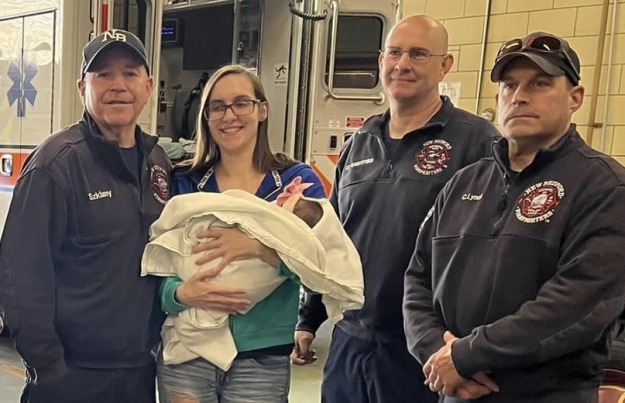The Massachusetts Supreme Judicial Court sided with the New Bedford Police Department by voting 4-3 in a 2018 fourth amendment violation case where the police frisked the of a vehicle they pulled over for a traffic violation.
On Feb. 26, 2018, around 7 p.m, New Bedford Police officers observed a red sedan change lanes abruptly, causing another vehicle to slam on its brakes in order to avoid a collision. The officers, Kory Kubik, Gene Fortes, and Roberto DaCunha, followed the sedan as it turned into the parking lot of a fast-food restaurant, activated their lights, and initiated a traffic stop. At that point, the officers did not know who was in the red sedan.
Once the vehicle stopped, but before the officers approached, the front seat passenger Raekwan Paris, a known member of two gangs, the United Front and Bloods, immediately leaped out of the vehicle began pacing between the officers and the vehicle, engaged in an argument with the officers, and took a threatening fighting stance.
The officers, who were familiar with that passenger from prior encounters, found his angry outburst highly suspicious since in previous encounters he was cooperative and polite. During this encounter, however, DaCunha instructed Paris
three times to reenter the car, but he refused. The officers believed he was trying to distract them from the vehicle because there was a firearm inside.
At this point, officers recognized the female driver and the other two male passengers who were current or past members of the Latin Kings gang and with prior involvement with firearms. The three police officers from the gang unit pat frisked all four occupants and found Zahkuan Bailey-Sweeting in possession of a large-capacity firearm without a license tucked into the waist of his pants.
Bailey-Sweeting alleged that his Fourth Amendment rights were violated when officers frisked him even though he claimed to be sitting quietly in the rear of the vehicle.
It was up to the Supreme Judicial Court to determine whether police were within their duty to search all the vehicle occupants.
Justice Elspeth B. Cypher stated that police pulling over the car in a high crime area, being familiar with the car’s occupants and their prior firearms involvement alone wouldn’t be sufficient enough to justify the pat frisk, combined these factors justified not only the exit order, but also the pat frisk.”
A pat frisk is permissible only where an officer has reasonable suspicion that the stopped individual may be armed and dangerous. At the initial traffic stop, police had no reason to believe a crime had been committed or that any of the occupants were armed and dangerous. “However, once Paris got out of the vehicle and angrily confronted the officers, the nature of the stop changed,” the ruling said.
Since his release, Bailey-Sweeting has 14 new open cases including assault and battery with a dangerous weapon, extortion, intimidation, larceny, and most recently an arrest in November for possession of a firearm without a license and ammunition.
Read the 70 page ruled in PDF format here
 New Bedford Guide Your Guide to New Bedford and South Coast, MA
New Bedford Guide Your Guide to New Bedford and South Coast, MA







